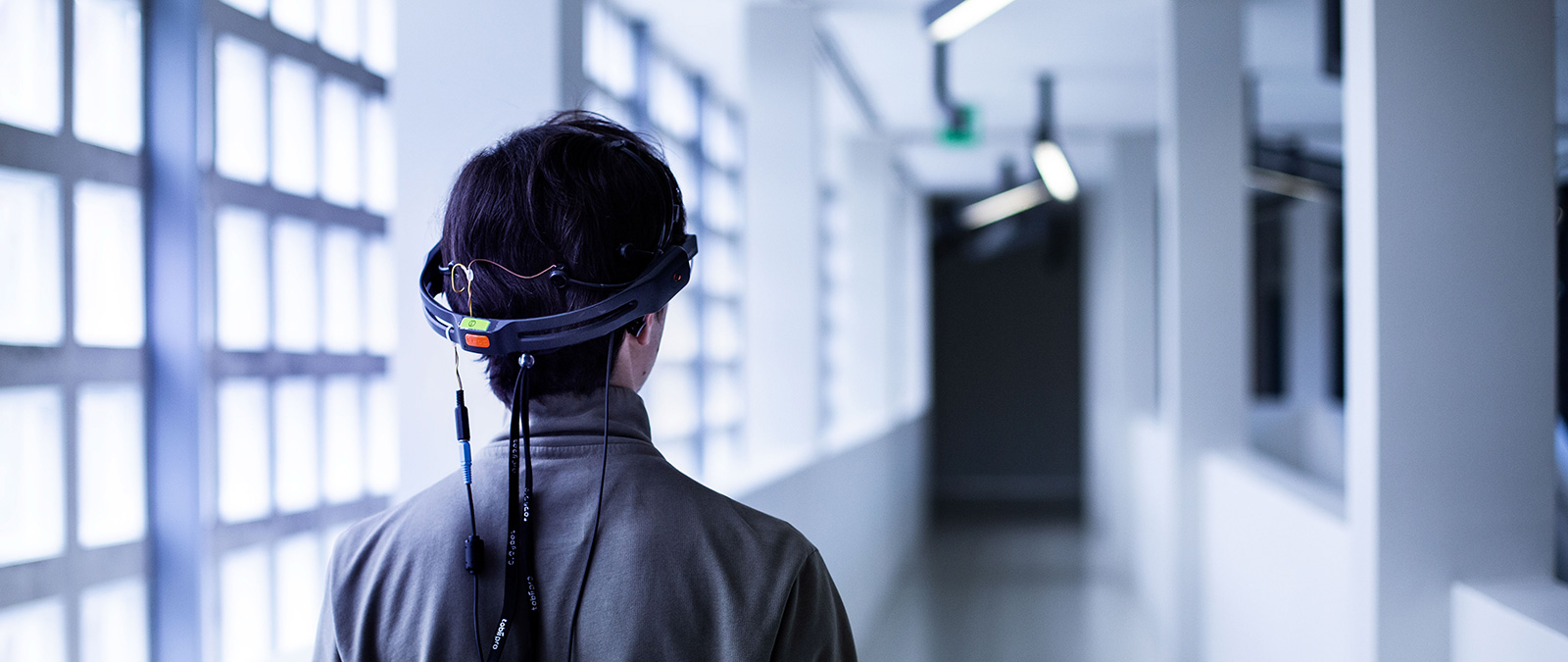
New ontology and epistemology for human and non-human, natural and artificial
Year 2017
The main objective was to formulate a conceptual framework of reference that is neutral with respect to traditional categories and that goes beyond the distinction between the humanities and the strong sciences.
This objective, i.e. the definition of a new ontology of the mind, but also of nature, that is compatible with new technologies, was at the centre of the project and can be divided into three key points:
- Ontology of consciousness
An ontology of consciousness (and therefore of the subject) that is neutral with respect to the traditional physical-mental distinction.
- Ontology and epistemology of the artificial
A reflection within the sphere of the epistemology of complexity with the general objective of developing: (a) an epistemological analysis of the state of artificial intelligence and robotics (developmental, epigenetic, cognitive and anthropomorphic) and (b) an underlying heuristic framework - New Ontology and Epistemology for Media and Communication
The application of this ontology and the corresponding epistemic tools for communication, new media, new technologies with regard to the redefinition of the human and non-human relationship, and communication in general.
The proposals formulated in the first year of the project (in particular, a theory of the identity between mind and physical objects) have also made it possible to formulate precise experimental hypotheses.
During the second year of the project, the conceptual framework was continued and a number of empirical cases of particular interest were addressed:
- Theory of mind-object identity and illusions
- Theory of mind-object identity and hallucinations/dreams
- For both cases, an ontology of consciousness (and therefore of the subject) that is neutral with respect to the traditional physical-mental distinction has been adopted.
Other
The project, as well as being interdepartmental, covered topics of interest to Philosophy, Epistemology, Aesthetics, Artificial Intelligence, Psychology and Communication, assuming a distinctly interdisciplinary character with particular regard to the relationship between people and technology.
The project had a strong international character, as can be seen from the number and quality of international contacts that have distinguished it. Among these we can list: Prof.ssa Luisa Damiano, Coordinator of ESARG (Epistemology of the Sciences of the Artificial Research Group), University of Messina; Prof. Giuseppe Gembillo, Director of the Edgar Morin Research Centre. University of Messina; Prof. Antonio Chella, Computer Engineering, University of Palermo; Prof. Alex Byrne, MIT; Prof. David Skrbina, Dearborn University, Detroit; Prof. Paalvo Pylkannen, Skovde University, Sweden; Prof. Ron Chrisley, Philosophy, Informatics, Evolutionary and Adaptive Systems Research Group, Sussex University; Prof. Minoru Asada, Asada Lab, Director of the division of cognitive neuroscience robotics, Osaka University; Prof. Lola Canamero, Embodied Emotion, Cognition, University of Hertfordshire; Prof. Paul Dumouchel, Core Ethics and Frontier Sciences, Ritumeikan University, Kyoto